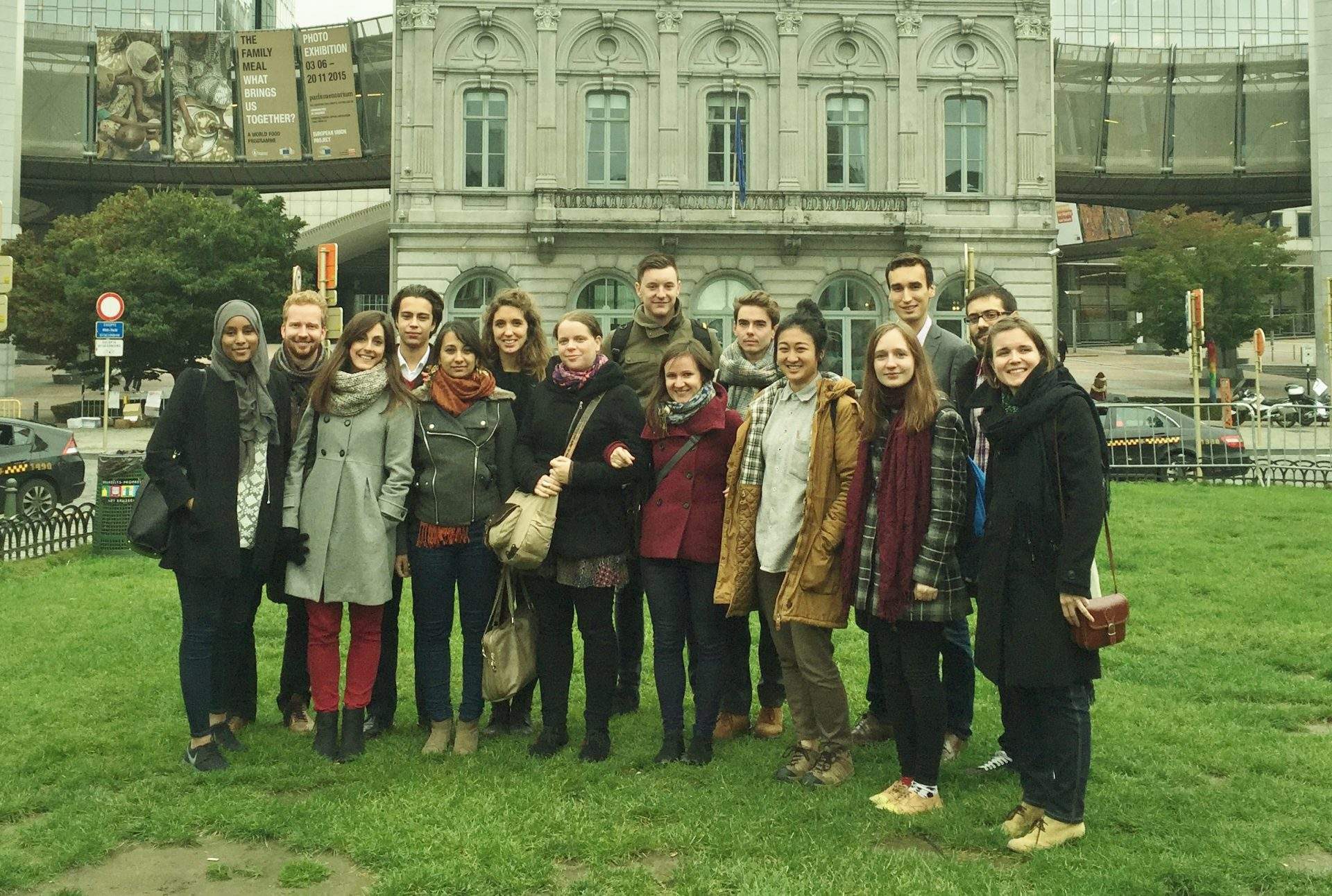
On Tuesday 13 October, ECAS’ Membership and Outreach Manager, Marta Pont, moderated a panel on strategies to counter Euroscepticism as part of a 5-day capacity building programme, “How to Counter Right-Wing Populism and Extremism in Europe”, which was organised by the Heinrich Boll Stiftung EU Office.
The capacity building involved 16 young Europeans from France, Germany, Greece, Hungary, Sweden and the UK, who were brought together to discuss the roots, ideologies and strategies of right-wing populist and extremist parties and movements in their respective countries, the impact that this is having on EU politics and possible ways of addressing this trend with actors in the European institutions, NGOs, think tanks, academics and politicians.
The panel, which ECAS was invited to moderate, focused specifically on strategies to address the rising Euroscepticism following the last European Parliament elections in May 2014. The panel included two speakers –Mana Livardjani, director of the Union of European Federalists (UEF) and former President of Cafebabel, and Ilke Toygur, PhD Candidate at the Department of Political Science and International Relations of the Universidad Autónoma de Madrid and Mercator-IPC Fellow in Istanbul Policy Center, who has extensively written on Euroscepticism and the change in voters’ behaviour in the context of the crisis.
The workshop started with a presentation by one of the participants from Sweden, who gave some hints on the possible causes of rising Euroscepticism in the EU Member States, in particular in his country, and pointed at some ways to address this challenge, including the need to focus on growth, to better showcase the benefits of EU citizenship and to build a common European identity.
Following a very lively debate, in the course of which several interesting points were raised, participants agreed on several strategies the EU institutions could undertake to counter Euroscepticism: